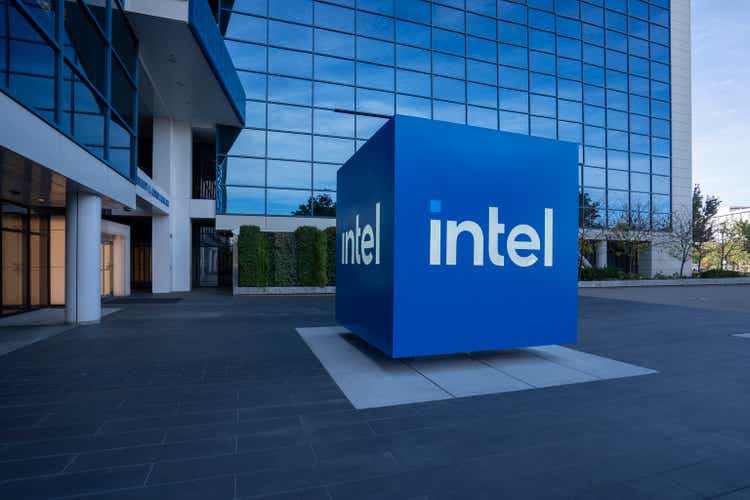VENMO users are $156.09 richer than they were before, thanks to a massive $27.5 million settlement, but there was a problem for many.
Despite the size of the payout, millions of Americans had their claims blocked, meaning they were denied access to the cash. GettyVenmo users are $156.09 richer than they were before, thanks to a massive $27.

5 million settlement, but there was a problem for many[/caption]Venmo paid out the money to settle claims in a privacy lawsuit.While cash arrived in the amount of $156.09 to tens of thousands of Californians, a shockingly small percentage actually got any money.
SFGATE reports that Venmo was hit with allegations of a major privacy breach.The media giant Thomson Reuters was originally sued by journalist Rasheed Shabazz and former Oakland mayoral candidate Cat Brooks.It was claimed that the company sold personal data through its platform CLEAR without consent.
CLEAR is a data aggregation tool that collects and sells personal information such as addresses and DMV records.Claimants in the case said that CLEAR did this without their knowledge. The class-action said: “Because of CLEAR, Californians’ identities are up for sale without their knowledge, let alone consent.
”The lawyer for the plaintiffs Andre Mura said that everyone who met the California residency requirement would be approved for a payment.Therefore, millions were eligible to claim. On Tuesday evening, Venmo paid $156.
09 to those impacted, and agreed to change some of CLEAR’s business practices. Thomson Reuters agreed to settle the case for $27.5 million in August, but hasn’t admitted to any wrongdoing.
THE PROBLEM FOR SOMEHowever, there has been a surprising turn of events that meant not many people actually received their cash. Andre found that less than 3% of eligible claimants would submit claims even if they could have done.This meant that payouts would be given to somewhere between 400,000 and 1 million people.
With that math, the people who had submitted a form would only walk away with somewhere between $19 to $48.It led to the court extending the submission deadline, something that is highly rare in class actions.An online ad campaign and social media influencing was also pushed to encourage Californians to submit a form.
What's a class-action settlement?Class action lawsuits offer groups of people, or 'classes,' a way to band together in court.These suits are often brought by one or a few people who allege a company or other entity has wronged a large group of people.When a suit becomes a class action, it extends to all “class members,” or people who may have similar complaints to those who filed the suit.
Companies often settle class actions – offering payment to class members who typically waive their right to pursue further legal action by accepting money.These payout agreements frequently include statements by the defendant denying wrongdoing. Companies tend to settle class actions to avoid the costs of further litigation.
Pollution, discrimination, or false advertising are a few examples of what can land a class action on a company’s doorstep.In December 2024, it was confirmed that only 125,000 to 150,000 claims were likely to be validated.Few participants therefore meant a higher induvial payout of around $129 to $155 per person.
It was also noted that 1.6 million claims were blocked for being submitted by bots.The administrator struggled to get people onto the website to claim.
In the end, millions of Californians left money on the table.Those who did apply did receive their $156.09, and it worked out for them.
They walked away with much more than they could have done. The lesson here is to always apply if you can, because you might be throwing money away if you don’t. GettyWhile cash arrived in the amount of $156.
09 to tens of thousands of Californians, a shockingly small percentage actually got any money[/caption].
Business

Venmo users $156.09 richer thanks to $27.5m settlement pot – but millions of claims were blocked
















